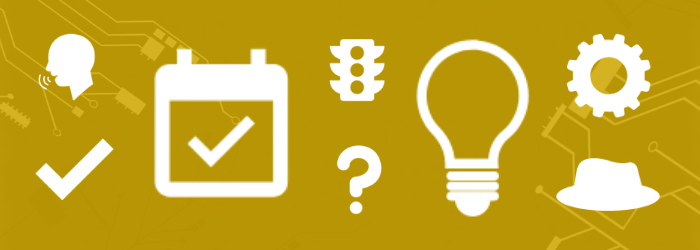
By Jitske Hoogenboom
Three years ago, Bruce Britton and I started a journey together to design and deliver an action learning programme for PAX. We’ve finally managed to close our own learning loop [1] by reflecting on the process. The PAX action learning programme was designed to promote learning at the individual, collective and organisational levels and we have learned much about learning which we hope to share widely through our Praxis Paper Innovations in Action Learning: connecting individual, collective and organisational learning in PAX’s action learning programme.
We realised that our ability to close our learning loop was helped by three things that were important elements of the action learning programme as well: firstly, reflecting on a practical experience (i.e. doing); secondly, the presence of a focus for exploration (i.e. reflecting); and thirdly, writing as a way to make explicit what our reflections may mean for future learning programmes. PAX now has many ideas to test in future learning processes that would not have emerged without us writing the Praxis Paper. Hence, the writing of this paper has reinforced some of what we learned from implementing the programme.
Participants that benefitted most from the action learning programme used it to work on challenges really close to their day-to-day work, to the doing. This is mirrored in our experience: we would now do many things differently, but we needed to implement the programme to be able to come up with these changes. Learning is in doing.
The writing of the Praxis Paper has confronted us again with the value of focus. In the programme we used learning questions to focus the learning. This was an important element of the impact for several participants. We started the Praxis Paper with not one, but several questions that we, ourselves, wanted to answer. This made it all-too-easy for us to explore many interesting side tracks, but also made it difficult at times to stay on track. We have tried our best to integrate the most valuable lessons into one paper in a way consistent with the questions we set ourselves.
Participants in the action learning programme valued the use of an online sharespace which they used to share their learning. This proved valuable not only for recording and sharing, but also for making explicit theories and ideas, connecting the dots to the extent that they could be translated into new action. Writing also did that for us: while implementing the action learning process, we discussed the implications of challenges we encountered and adapted. By making these challenges explicit while writing this paper, we have arrived at a whole set of adjustments or things to consider in future learning programmes, and at several new observations that we did not recognise before.
We hope the paper will
encourage others to try action learning as we believe even more strongly that
it is a very valuable method for personal growth and learning in complex
situations. One of the innovations we brought to the programme was the
connection between different learning levels (individual, collective and
organisational) and we’d be keen to hear from others who have tried to make
similar connections through action learning.
[1] Kolb, D. (1984), Experiential Learning: Experience as the Source of Learning and Development. Prentice-Hall. By ‘learning loop’ we mean the experiential learning cycle that comprises doing, reflecting, connecting and testing.